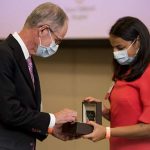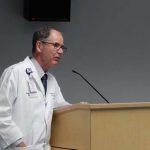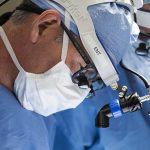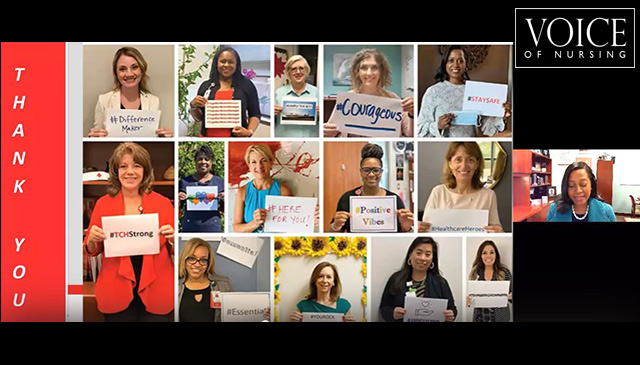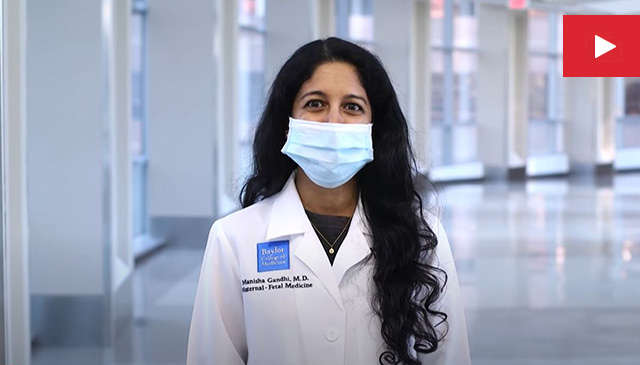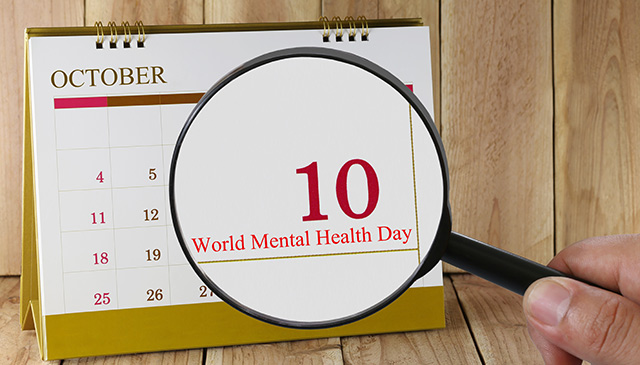
October 10 is the World Health Organization’s (WHO) annual World Mental Health Day. This year’s World Mental Health Day comes at a time when nearly every aspect of our daily lives has changed dramatically because of the COVID-19 pandemic.
Due to the pandemic, we have had to adjust to a new normal. Most of us have experienced stress both in our personal and professional lives during this unprecedented time. We often stress over our health, finances, raising children, taking care of elderly parents, and coping with uncertainty or the unknown of the COVID-19 pandemic.
“According to the Substance Abuse and Mental Health Services Administration, there are many different emotional responses during different phases of a crisis, disaster or a public health emergency,” said Texas Children’s Chief of Psychology Dr. Karin Price. “While we work among health care heroes every day, even they are not immune to anxiety, stress, discouragement and difficulty coping with uncertainty. Hope begins with open, honest conversations about mental and emotional health between trusted family members, friends, colleagues and other loved ones. If someone close to you seems to be struggling or asks for help, be there for support. You don’t have to be an expert; just listening can help a lot. If you hear something beyond your ability to help, the EAP is available to support you.”
Texas Children’s Employee Assistance Program: We’re here to help
Chronic stress over time can have effects on our bodies and make us feel exhausted. While we can’t eliminate stress from our environment, we can manage our reactions to it. The Employee Assistance Program (EAP) at Texas Children’s (833-EAP-PLUS) is designed to help all employees and eligible family members resolve personal and job-related problems as well as promote emotional health, wellness and quality of life at work and home.
“The key to stress management is choosing where to focus your energy,” said Allison Bell, Manager of the Employee Assistance Program at Texas Children’s. “You get to choose what thoughts, emotions, and problems to focus on. We want to respond, not react. We know that everyone has different ways of coping with stress. What works for me, may not work for you. The key to stress management is finding the tools and techniques that help you and using them daily. If you want to reduce your stress levels, you need to be diligent in daily practice.”
In order to encourage team members to start a daily stress management practice, EAP developed resiliency strategies to help you manage stress and boost resiliency. To get started, please review this Stress Management Resources document which provides a variety of ways to help reduce stress. Keep in mind that building resiliency will not only help reduce stress but it will also reduce anxiety, provide your body with energy, promote good sleep patterns and provide greater satisfaction with life.
For more information about EAP resources, stress management and World Mental Health Day, click here to visit the EAP website.






